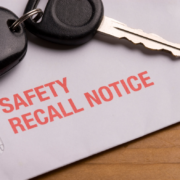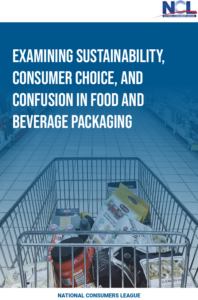NCL supports Peloton treadmill recall
Media contact: National Consumers League – Carol McKay, carolm@nclnet.org, (412) 945-3242 or Taun Sterling, tauns@nclnet.org, (202) 207-2832
Washington, DC—The National Consumers League (NCL) supports Peloton Interactive Inc’s decision to recall its Tread+ treadmill.
“The company has finally come to its senses and agreed to recall its treadmill, which has been caused deadly injuries to children,” said NCL Executive Director Sally Greenberg. “Use of Peloton’s Tread+ exercise machines resulted in at least 72 reports of injuries, including the death of a 6-year-old boy.”
There were also 29 reports of children suffering broken bones, cuts, and abrasions. The agency that regulates these products, the Consumer Product Safety Commission (CPSC), took the unusual step of issuing an administrative subpoena in April when the company refused to provide information about the fatal injury to a child.
“It’s critically important that the company work with the CPSC to recall 125,000 treadmills, at no cost to customers, and safely replace or repair the treadmills so they no longer pose a threat to children or pets,” Greenberg said.
The recall agreement was accepted Wednesday morning in a vote by the Commission. The agreement requires Peloton to halt sales of the Tread+ machine and fully refund consumers who wish to return their equipment.
Greenberg also pointed out how problematic CPSC’s rules are for launching a recall like this one and called on Congress to amend its statute. “We agree with Acting Chair Robert Adler’s assessment that the CPSC faces nearly insurmountable hurdles in protecting the public because, under its statute, the Commission is required to negotiate at length with companies before it is allowed to issue any safety warnings. No other federal safety agency is under such restrictions. That needs to change for the safety of the public.”
To read our previous statement concerning the Peloton Tread+ recall controversy, click here.
###
About the National Consumers League
The National Consumers League, founded in 1899, is America’s pioneer consumer organization. Our mission is to protect and promote social and economic justice for consumers and workers in the United States and abroad. For more information, visit www.nclnet.org.






 By NCL Health Policy intern Talia Zitner
By NCL Health Policy intern Talia Zitner












